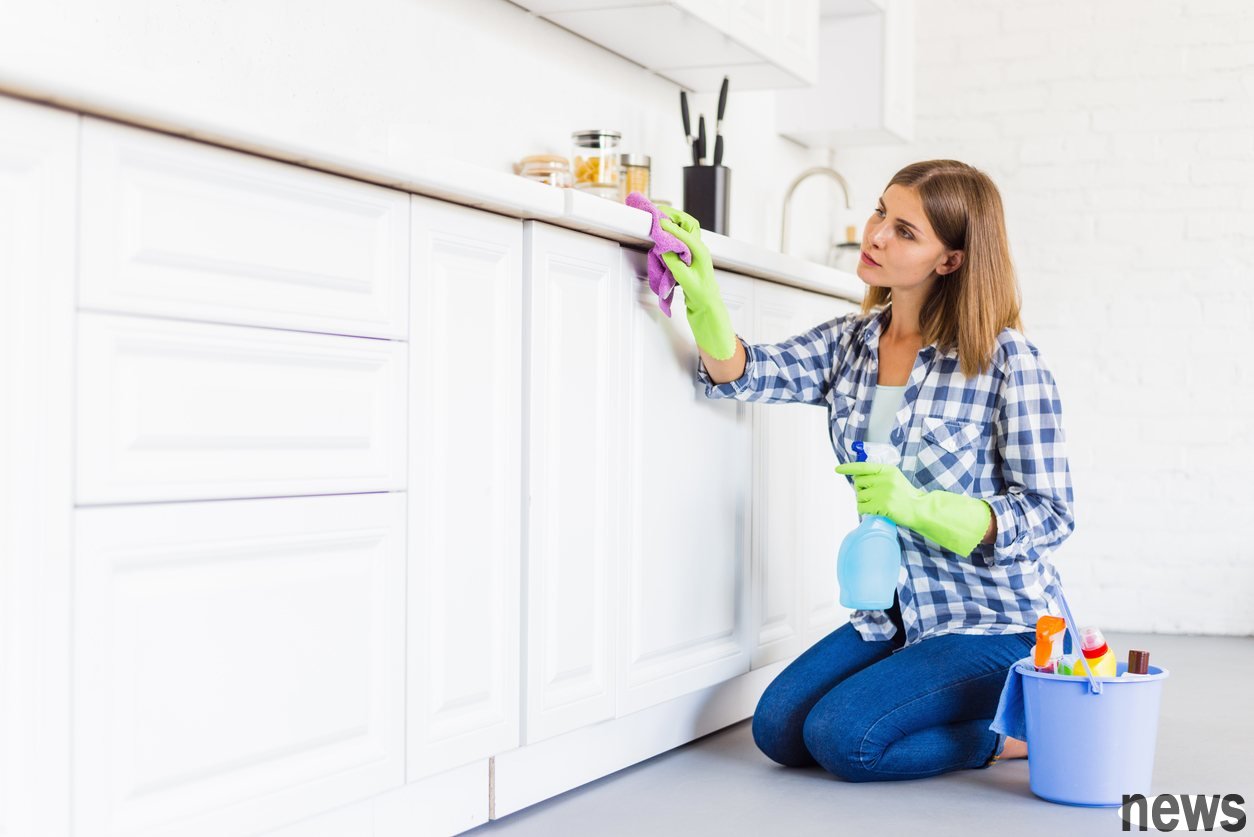
Sometimes it is easy to see if the cleaning method is wrong, but sometimes it is not until the house or furniture is damaged, or even when people get sick, you will not realize where it is wrong. Southern Living visited several cleaning experts and shared 9 cleaning impairments that should be broken. These practices not only fail to effectively clean up, but some may even cause furniture to damage or harm humans.
1. Use too many cleaning suppliesBecca Crandall, the owner of Beck Cleaning and Organization, and Bentley, the cleaning operation director Rosser said that in fact, only Dawn dishwashing essence and warm water are needed to clean the entire house. The point is that you do not need to choose a special cleaning agent for every material. Using too many products may be too wasteful and may even produce indoor air dye. It is recommended to only choose necessary options such as wood, stainless steel and multi-purpose cleaning agents to minimize the impact on the environment.
2. Ignoring the deep layer cleaningCleaning the surface is important, but the same is true for cleaning the deep layer. Alicia Sokolowski, co-runner of cleaning products company AspenClean, said that often overlooked areas should be regularly cleaned, such as the back of furniture or the inner layer of home appliances, which may cause bigger problems, whether it is to scrub more vigorously or pay high repair fees.
3. Add too much laundry essence, the more you don't necessarily have the better. Some people may think that pouring in too much laundry essence can make it cleaner, but in fact, you should follow product instructions. Klandel and Roser said that the residues of cleaning agents will accumulate, causing skin allergies, fiber damage, and negative impact on the environment. 4. No regular use of a vacuum cleaneror maybe your carpet looks clean, but Sokolovsky said things are not as simple as they look, and the vacuum cleaner can inhabit invisible dust and allergens such as dust swellings and pet hair. The frequency of using a vacuum cleaner depends on the frequency of room use, and the degree of allergy.
5. It is very important to mix multiple cleaners. Klandel and Rother said that if you feel head, pain or difficulty breathing during the cleaning process, you may be poisoned. For example, bleach and vinegar must not be mixed, and do not mix other cleaning agents, as it may produce toxic smoke. Remember to read product specifications carefully and avoid mixing different cleaning agents unless clearly guided.
6. Directly direct to surface spray cleaning agentSokolovsky said that the cleaning agent should be sprayed on a rag instead of direct to surface. Although this may seem like a lot of steps, this habit can avoid waste and inhalation cleaners.
7. No cleaning toolsThink carefully, every time a sea cucumber, mop and brush are used, they will touch the dirtiest things in the home. Sokolovsky said that no regular cleaning and disinfection will cause these tools to produce bacteria and bring the bacteria back to their original position during cleaning.
8. Use specific cleaning agents on inappropriate materialsTake glass cleaning agents as an example. Klandel and Roser said that most glass cleaning agents contain ammonia or acetic acid, which is used to decompose hard water and sanitary, while materials such as syrite, wood, metal or laminate are very sensitive to acids. Therefore, using glass cleaning agents on this type of material not only cannot disinfect and clean, but will cause them to suffer from smear or fade at the same time.
The same is true for toilet cleaning agents used to deal with strong scaling and barrel bacterium. This type of cleaning agent usually contains salt acid or bleach, which may damage the surface of the material and cause the material to fade or deteriorate.
9. Patience is important when wiping off the cleanertreatment pellets without soaking. Only when the cleaning agent is soaked for a period of time can the chemicals inside have time to develop their effectiveness. Sokolovsky said that disinfectants should also be kept for recommended time before being wiped off to ensure that they can effectively kill germs and bacteria.
